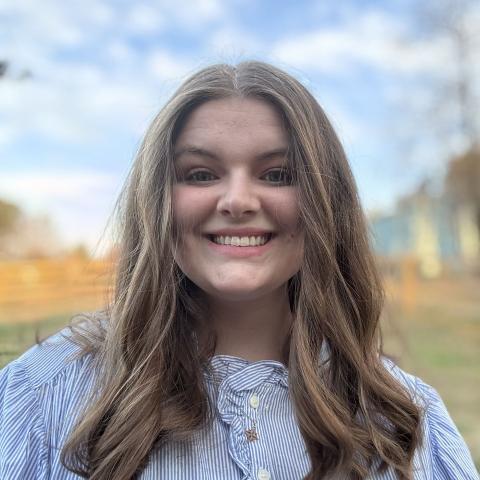
The kind of education Moravian girls had access to in the eighteenth and nineteenth centuries was unique. Given the Moravians’ emphasis on female education and overall spiritual equality, Moravian girls in Wachovia, North Carolina, obtained special opportunities for education that were not always shared by their non-Moravian counterparts. Southern colonial and early republic girls from wealthy families often were taught in the home and learned reading and writing skills, but their primary focus was household and family management. What should happen when a group of German immigrants emphasizing spiritual equality and encouraging female education settles in the backwoods of North Carolina? The foundations of Salem College and Academy are grounded in the very roots of the Moravians’ value of a liberal arts education, especially for girls, allowing them to become knowledgeable on not only reading and writing, but also history, language, needlework, music, art, and more. The vast collection of primary sources, including letters, circulars, conference minutes, school supply lists, class schedules, and others, that the Moravians left, in addition to letters and wills left by prominent leaders of colonial North Carolina, offer valuable dichotomies to explore the differences in the nature of female education in early North Carolina.
Chloe Hooker is from Walnut Cove, NC and a senior at Salem College, graduating with a BA in History and a minor in Religious Studies. During her time at Salem, she has interned at the Moravian Archives of the Southern Province and the Museum of Early Southern Decorative Arts. After graduation, she plans to attend graduate school to pursue Public History. Her interests include colonial and early republic America, Moravian women’s history, and American material culture.